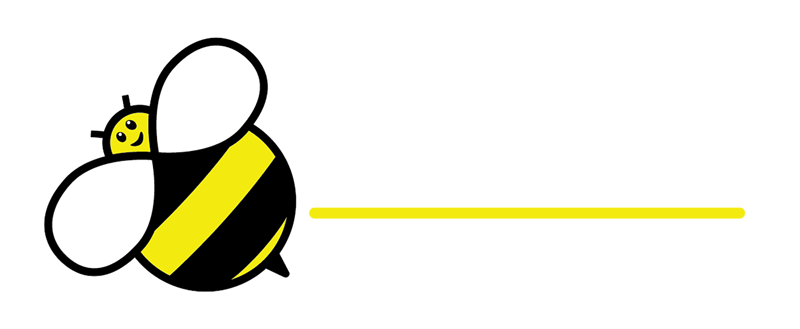Immunizations have led to a significant decrease in rates of vaccine-preventable diseases and have made a significant impact on the health of children. However, some parents express concerns about vaccine safety and the necessity of vaccines. The concerns of parents must be taken into account. All parents want healthy children but, they differ in which path to take. Let’s listen to their concerns and go over them one by one for each individual child as there may be cause for a pause or delay when we consider each specific situation.
Vaccines have had an enormous impact on the health of children, and the prevention of disease by vaccination is one of the single greatest public health achievements of the last century. However, over the past decade acceptance of vaccines has been challenged by individuals and groups who question their benefit.
Increasing numbers of people are requesting alternative vaccination schedules, postponing or, declining vaccination.
The most common reason for declination is the parent feels that so many are unnecessary for their child. No longer are we seeing as many declining for medical reasons now that most people are aware of the false rumors and studies that have been proven false about Autism and metal containment being health concerns.
So, let’s discuss these issues thoroughly starting first with:
1.Vaccine Hesitancy-the term vaccine hesitancy has emerged to depolarize the “pro” versus “anti” vaccination alignment and to express the spectrum of parental attitudes toward vaccines.1 Vaccine hesitancy has been characterized recently by a committee at the World Health Organization as “a behavior, influenced by a number of factors including issues of confidence (do not trust a vaccine or a provider), complacency (do not perceive a need for a vaccine or do not value the vaccine), and convenience (access).”Vaccine-hesitant individuals are a heterogeneous group who hold varying degrees of indecision about specific vaccines or about vaccinations in general. Vaccine-hesitant individuals may accept all vaccines but remain concerned about them, they may refuse or delay some vaccines but accept others, or they may refuse all vaccines.
Some parents who totally refuse vaccines may be firmly fixed in their beliefs and may not respond to the pediatrician or nurse attempting to change their views. The AAP (American Academy of Pediatricians) recommends that pediatricians continue to engage with vaccine-hesitant parents, provide other health care services to their children, and attempt to modify their opposition to vaccines. This is not the view of every clinic and parents should be comfortable with having the discussion of their concerns and feel heard. They have the final say and we are just guiding them in making good decisions but, it is ultimately up to them as it should be.
I understand that the office may be concerned about risking other children in the practice with exposure to unvaccinated children but, surely if we can make separate waiting rooms for sick vs well child visits we can come up with a way to accommodate everyone without leaving them doctorless. Let’s not let our concerns draw such a line that we can’t reach across and show it is all because we care and, not draw another line in the sand like stubborn 2 yrs olds determined to each have our way.
The child comes first. Let’s listen and have open dialogue with each visit. I have found that with time, trust building and these heartfelt discussions we get most parents to protect their children from the most dangerous diseases (1 vaccine at a time) and eliminate a my way or the highway mentality.
Next blog this week is on #2 (Vaccine Testing prior to approval).
Until then Bee Wise, Test and Immunize!
Yvette Cheeks


